Ensuring the legitimate rights of detainees
Contributing opinions to the draft Law on Temporary Detention, Temporary Detention and Prohibition of Leaving Place of Residence, National Assembly Delegate Dang Bich Ngoc ( Phu Tho ) said that the draft Law should study and regulate prohibited acts in Article 7 into 2 groups: for agencies, organizations and individuals in temporary detention camps; and subjects of temporary detention. This regulation will help facilitate implementation and increase transparency and consistency.
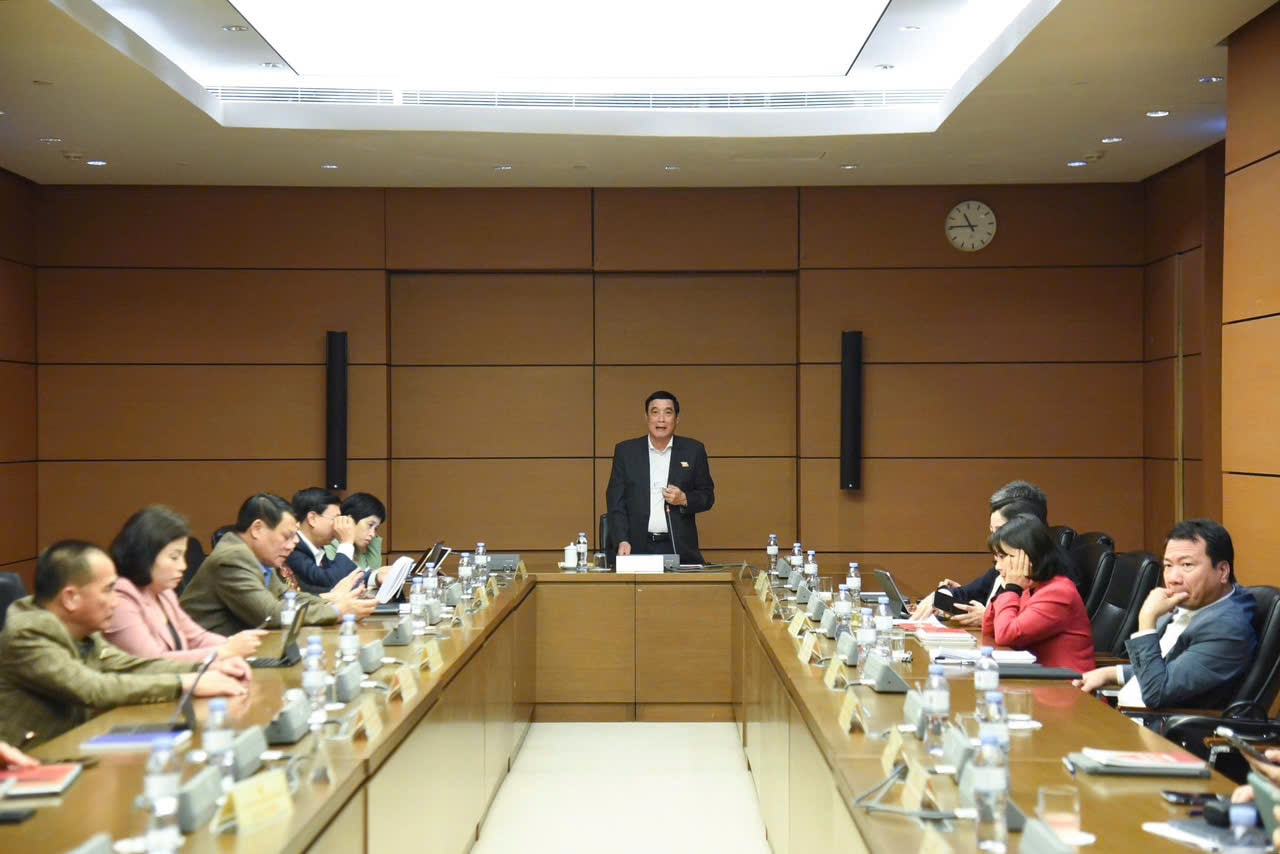
Regarding the rights and obligations of detainees in Article 18 and Clause 2 of Article 28, the delegate emphasized: the draft currently only stipulates that detainees are entitled to receive money and minimum essential items, while the concept of “essential items” is not specific, and it is unclear whether it includes gifts or other daily necessities. Through a survey of reality, this provision is not suitable for current conditions and may limit the legitimate rights of detainees.
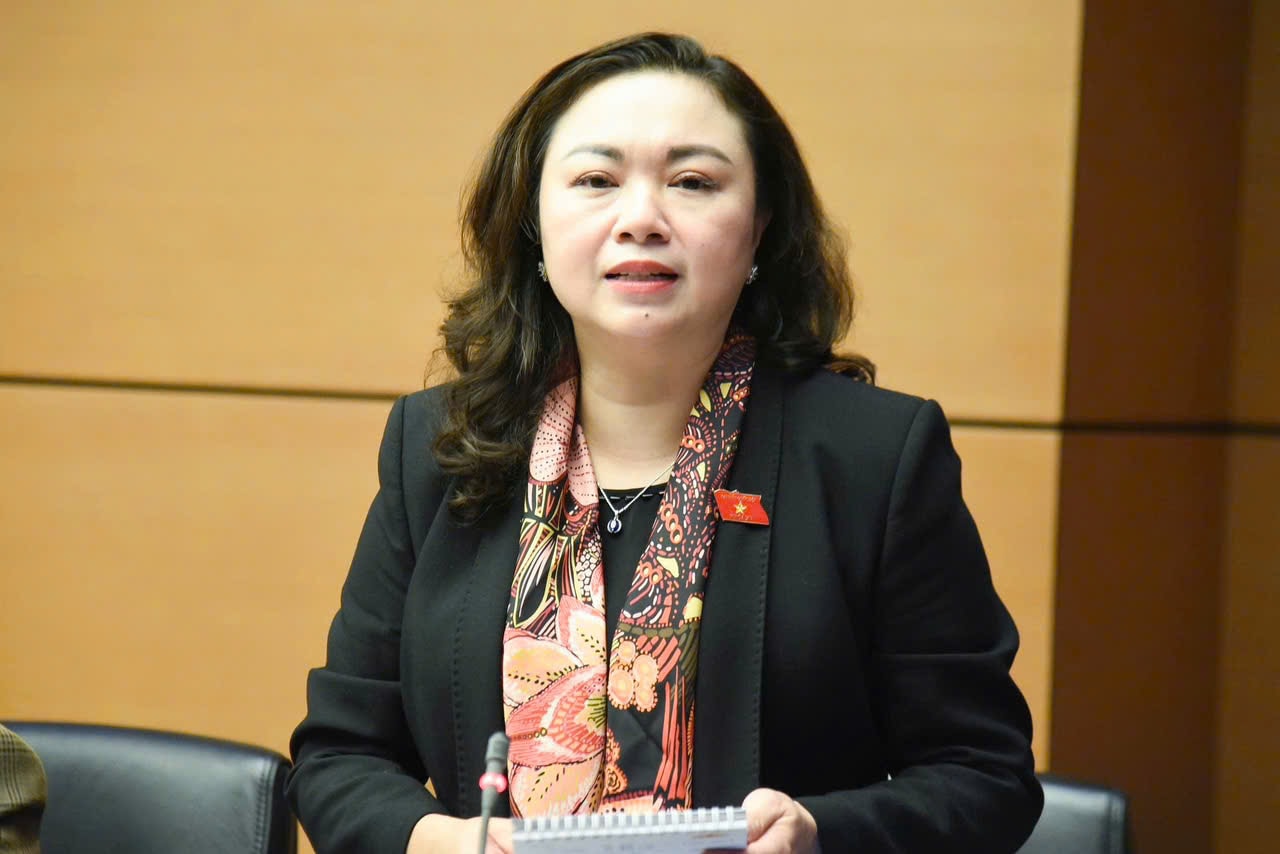
Therefore, the delegates proposed to maintain the provisions of the current law, allowing detainees to receive money and objects. This is a policy of humane significance, helping to encourage the spirit and connect prisoners with their families. At the same time, it is possible to specifically stipulate in sub-law documents for some objects that are easily damaged and difficult to preserve, in order to facilitate management work at detention facilities.
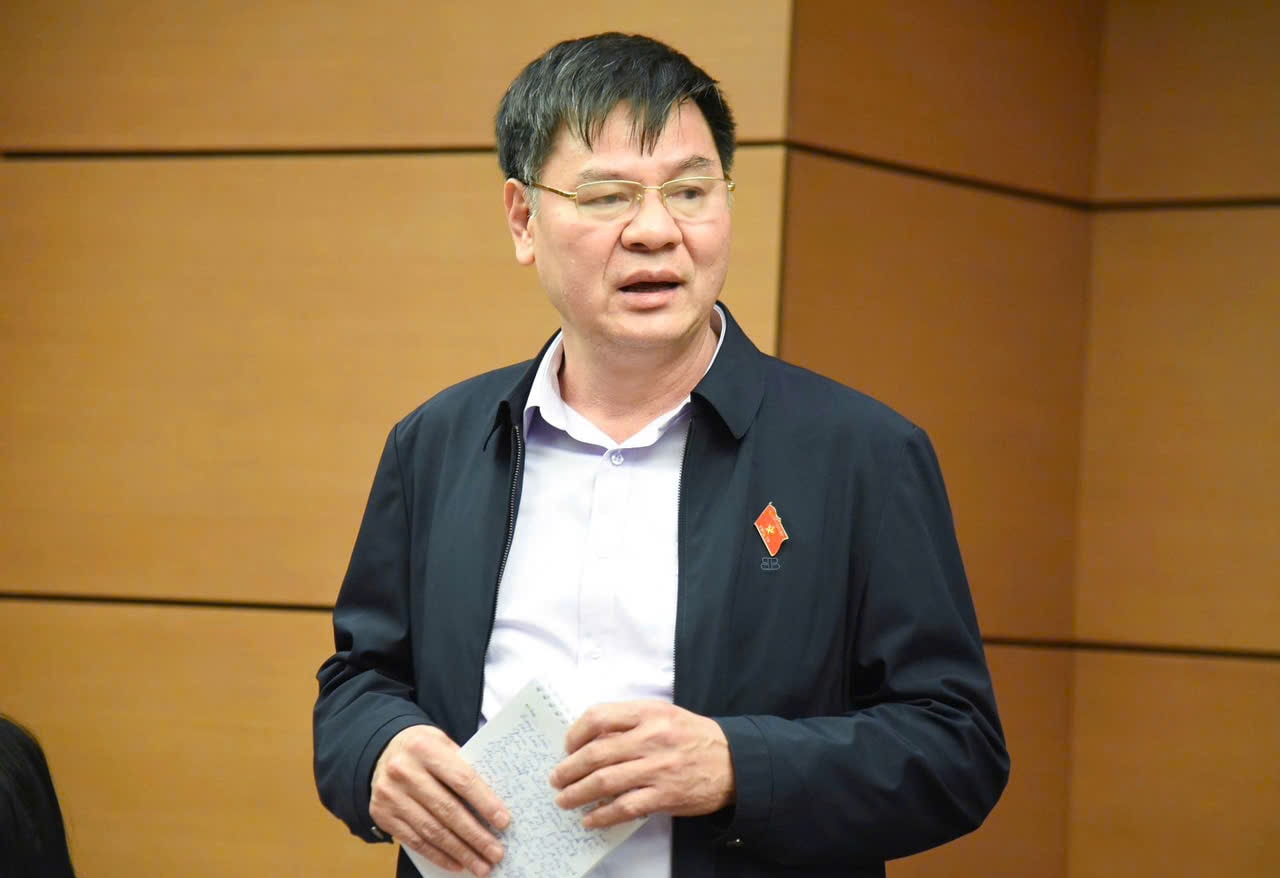
Agreeing with the view of National Assembly member Dang Bich Ngoc, National Assembly member Le Tat Hieu (Phu Tho) also said that in practice, many families with detained relatives do not have the conditions, if the regulation allows detainees to receive money and goods, it will be suitable to the socio -economic conditions of each family. The delegate proposed that the monitoring agency can allow detainees to receive books, newspapers, and documents after censorship, ensuring that it does not affect the process of resolving the case.
At the same time, National Assembly Deputy Nguyen Thi Thu Nguyet ( Dak Lak ) proposed adding a psychological counseling regime for people under 18 years old right from the time they are detained or imprisoned, helping them stabilize their psychology, support the investigation process and prevent negative risks.
More clarity on the protection and use of biometric data
According to National Assembly Deputy Cam Ha Chung (Phu Tho), one of the new points of the draft Law is the regulation on the collection of biometric data of detainees, including photos, fingerprints, voice, DNA, fingernails, irises, etc. to serve the management, identification and prevention of crime. This is a necessary regulation, consistent with the trend of applying science and technology in the judicial field. However, according to the delegate, there is still a lack of clear regulations on the protection and use of biometric data - a particularly sensitive type of personal data, directly related to human rights. In the context of digital transformation and comprehensive dataization, the risk of data leakage, leakage, or misuse cannot be ignored.
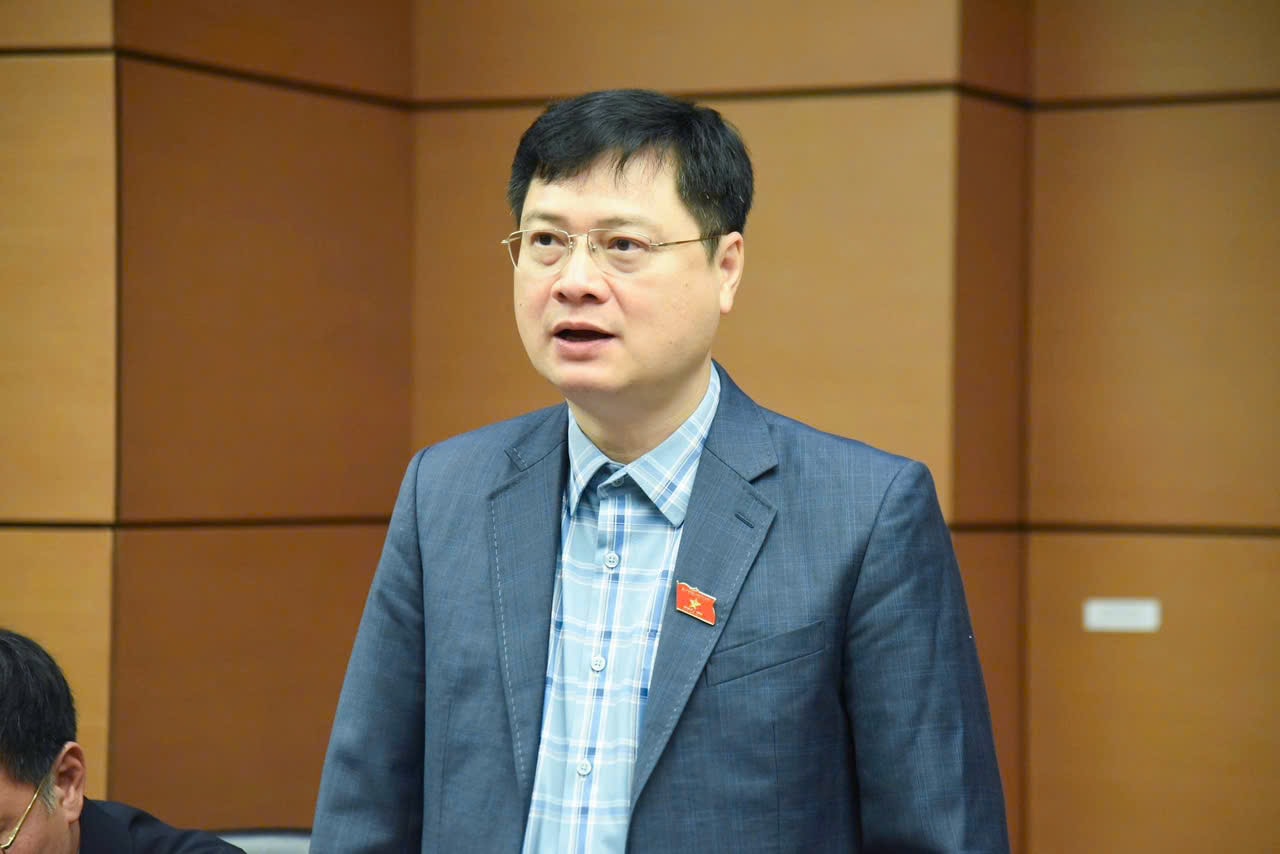
Delegate Cam Ha Chung proposed to add to Article 7 on the provisions of prohibited acts, which are: prohibiting the act of illegally providing, exchanging, buying, selling or disclosing biometric data; at the same time, adding the principle that "all collection, storage, exploitation and destruction of biometric data must be supervised by competent authorities". In addition, the storage period and the mechanism for destroying data when the detainee is released or not convicted should be clearly stipulated, to avoid the situation of indefinite storage. Adding this content both ensures the privacy of citizens and strengthens the trust of society in law enforcement agencies, reflects the spirit of the 2013 Constitution and is consistent with the Law on Personal Data Protection 2023.
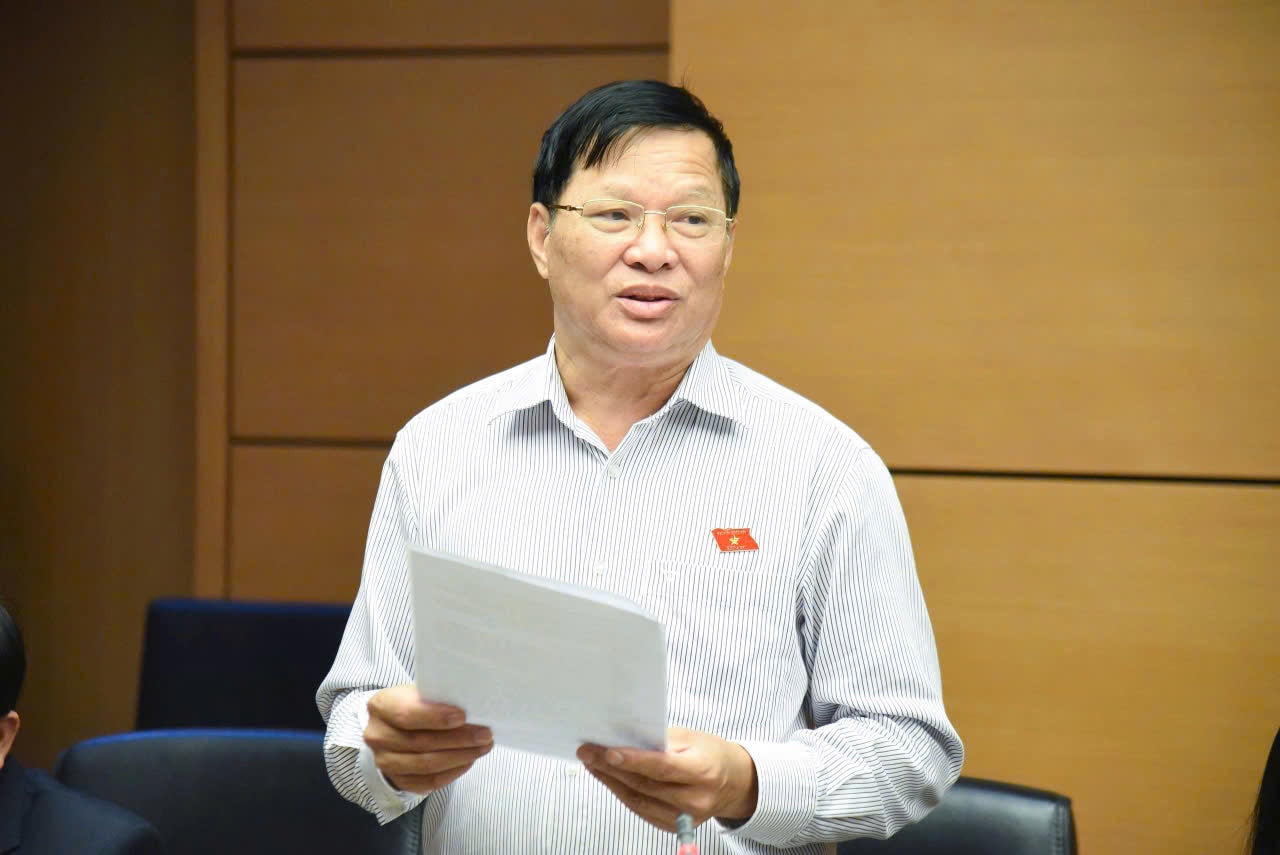
Regarding the specific management of transgender people and people with undetermined gender, according to the delegate, the implementation of the Law on Temporary Detention and Temporary Imprisonment 2015 shows that detention facilities are facing many difficulties when receiving transgender people or people with undetermined gender. This draft has initially provided regulations on detention classification (Article 17), but has not yet clearly mentioned transgender people, leading to legal gaps and lack of a basis for unified implementation.
Delegate Cam Ha Chung suggested that it is necessary to add to Article 15 “Reception of detainees and prisoners” a specific provision: “In case the detainee or prisoner is transgender or has an undetermined gender, the body check shall be carried out by medical staff”. At the same time, in Article 17 “Classification and management of detention”, it is necessary to clearly state “Homosexuals, transgender people, and people with an undetermined gender shall be arranged in separate cells”. Adding this provision demonstrates humanity, gender equality and respect for human dignity, in line with the spirit of judicial reform, as well as international conventions on human rights to which Vietnam is a member.
Promoting the application of digital technology in management work
At the discussion session, many delegates agreed that the addition of the measure of "prohibiting leaving the place of residence" is appropriate and humane, helping the prosecuted person continue to live in the community. However, delegates said that the current implementation still has many problems due to the unclear division of management responsibilities between the police, the Procuracy and the local government; at the same time, there is a lack of specific sanctions if the person subject to this measure violates. National Assembly delegate Nguyen Thi Thu Nguyet (Dak Lak) suggested that it is necessary to clearly stipulate that the Commune/Ward Police is the agency responsible for direct management, with the supervision of the Commune People's Committee and the Prosecutor in charge of the area.
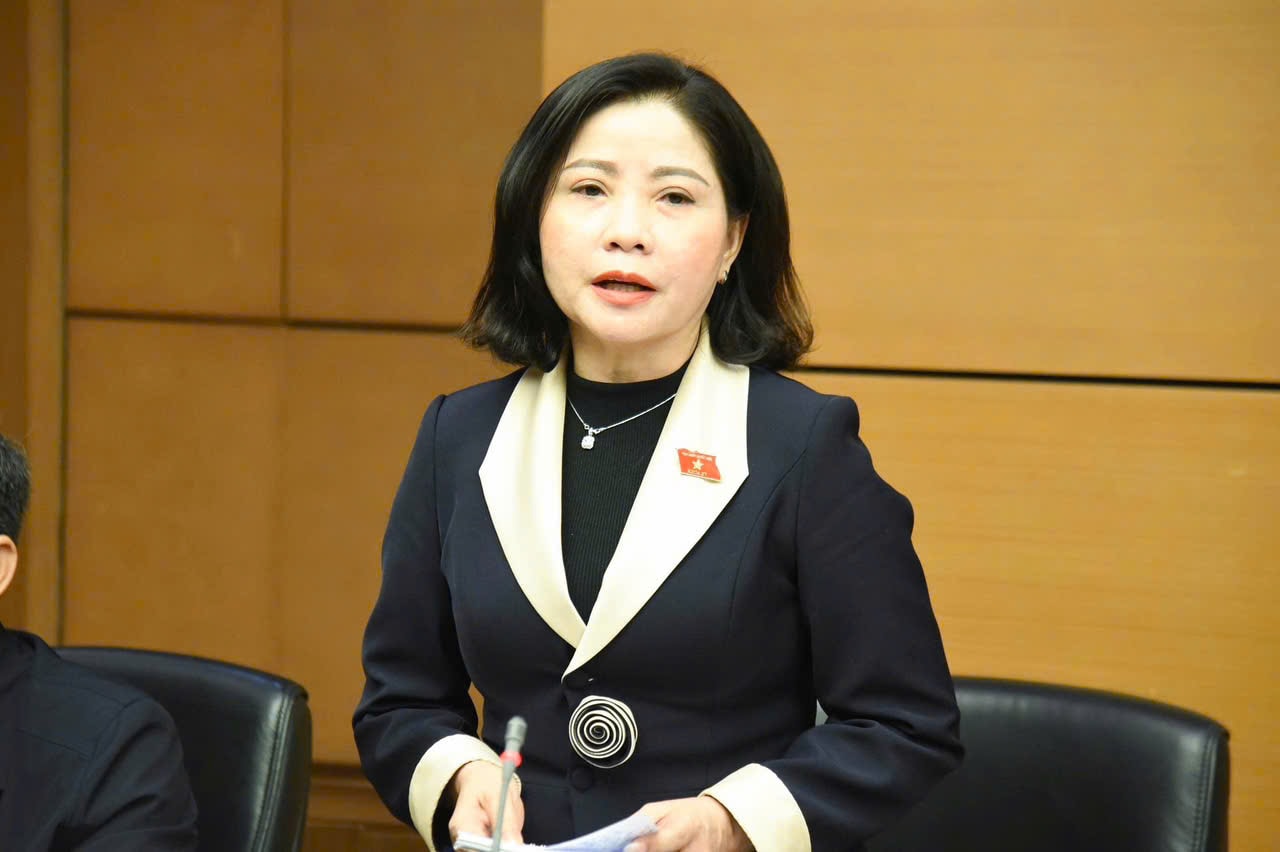
Sharing the same view, National Assembly Deputy Cam Ha Chung (Phu Tho) proposed to build a three-party coordination mechanism between the prosecution agency - local authorities - residential community in monitoring and supporting people banned from leaving their place of residence. In addition, it is necessary to promote the application of digital technology such as electronic identification, updating population data, online management or monitoring via technical devices to improve efficiency, transparency and reduce procedural burden for enforcement forces.
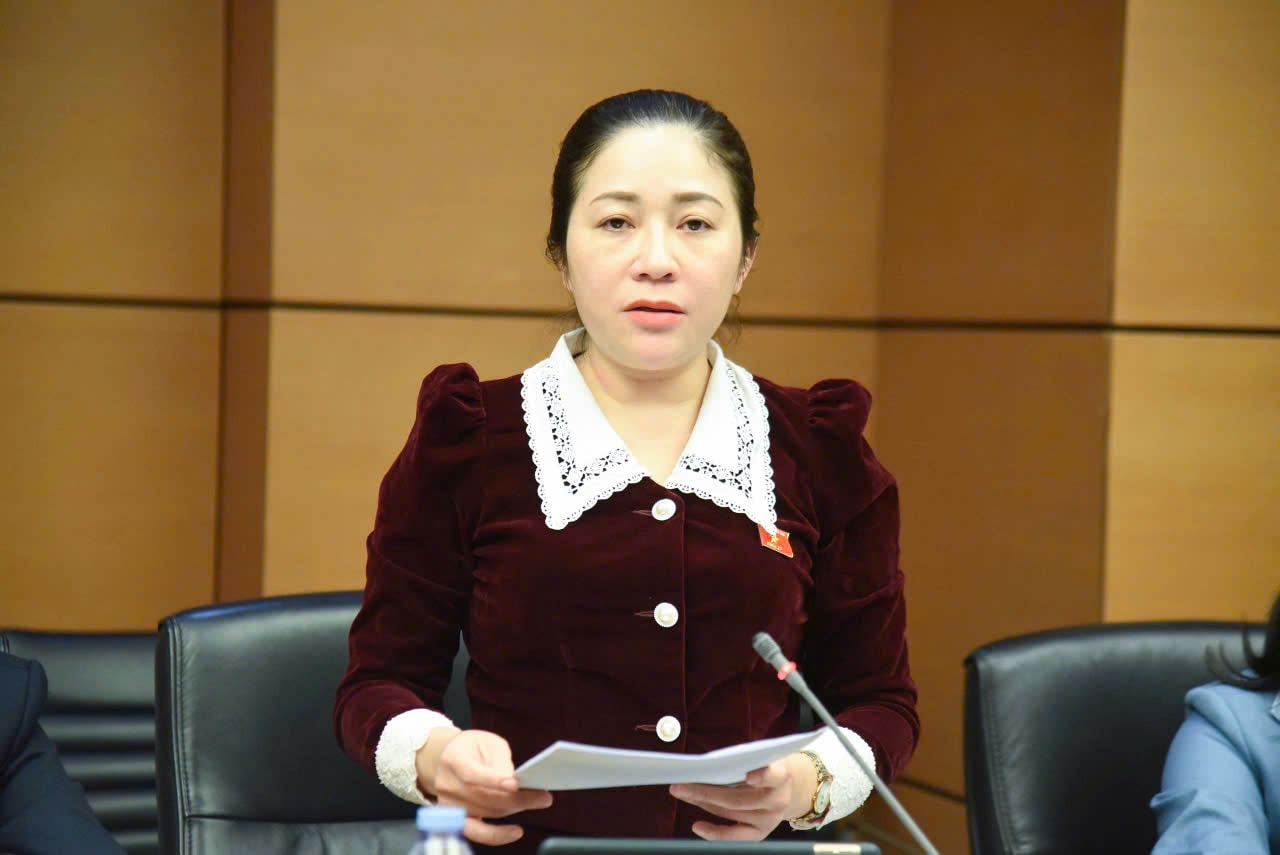
Regarding the policy for the force working in the management of temporary detention and temporary imprisonment (Article 49), some delegates suggested that the draft Law should supplement policies such as: mental support, toxic compensation, rest and health recovery regime; and at the same time assign the Government to provide detailed instructions. Because this is a force working in a special environment, high pressure, regularly in contact with subjects with potential risks of pathology and psychology.
Source: https://daibieunhandan.vn/xay-dung-co-che-phoi-hop-thong-nhat-trong-quan-ly-nguoi-bi-cam-di-khoi-noi-cu-tru-10394334.html



![[Photo] Ca Mau "struggling" to cope with the highest tide of the year, forecast to exceed alert level 3](https://vphoto.vietnam.vn/thumb/1200x675/vietnam/resource/IMAGE/2025/11/04/1762235371445_ndo_br_trieu-cuong-2-6486-jpg.webp)
![[Photo] The road connecting Dong Nai with Ho Chi Minh City is still unfinished after 5 years of construction.](https://vphoto.vietnam.vn/thumb/1200x675/vietnam/resource/IMAGE/2025/11/04/1762241675985_ndo_br_dji-20251104104418-0635-d-resize-1295-jpg.webp)
![[Photo] Ho Chi Minh City Youth Take Action for a Cleaner Environment](https://vphoto.vietnam.vn/thumb/1200x675/vietnam/resource/IMAGE/2025/11/04/1762233574890_550816358-1108586934787014-6430522970717297480-n-1-jpg.webp)

![[Photo] Panorama of the Patriotic Emulation Congress of Nhan Dan Newspaper for the period 2025-2030](https://vphoto.vietnam.vn/thumb/1200x675/vietnam/resource/IMAGE/2025/11/04/1762252775462_ndo_br_dhthiduayeuncbaond-6125-jpg.webp)
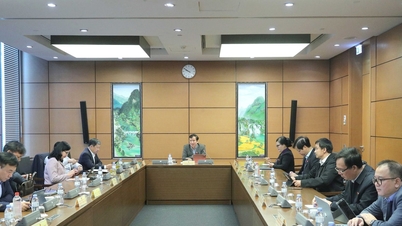

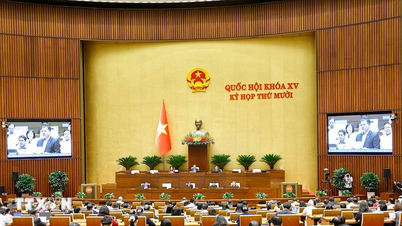



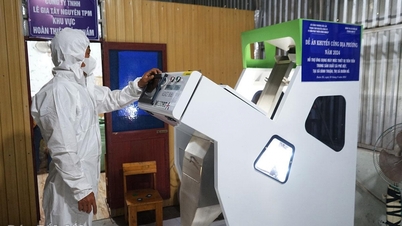

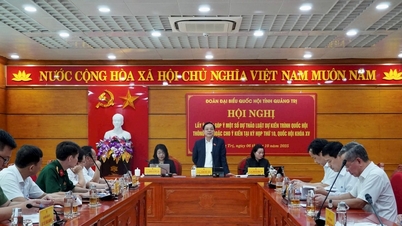




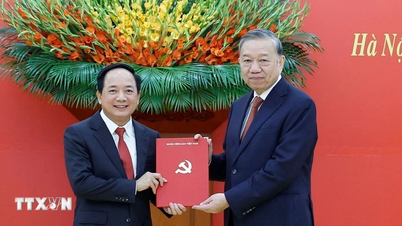
![[Photo] Prime Minister Pham Minh Chinh chairs the 20th meeting of the National Steering Committee on combating illegal fishing.](https://vphoto.vietnam.vn/thumb/402x226/vietnam/resource/IMAGE/2025/11/04/1762267178314_dsc-0115-jpg.webp)

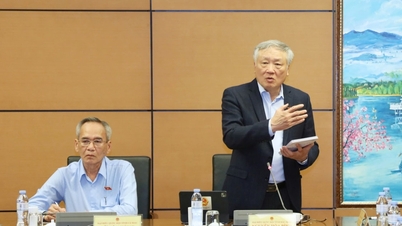




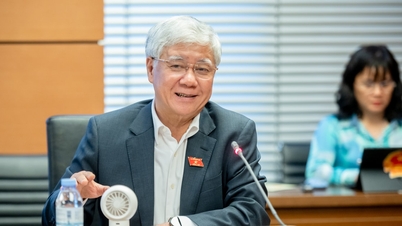
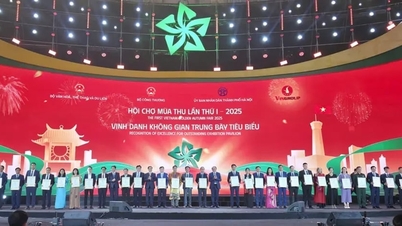

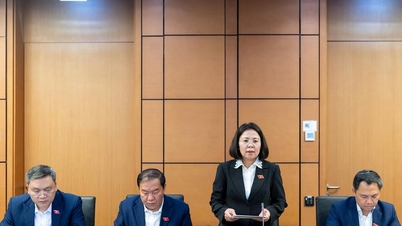
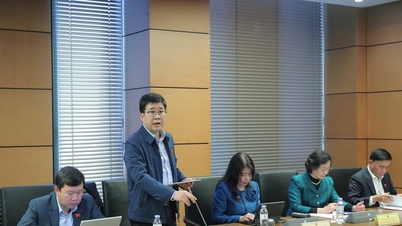
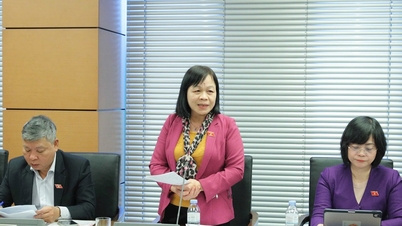






















































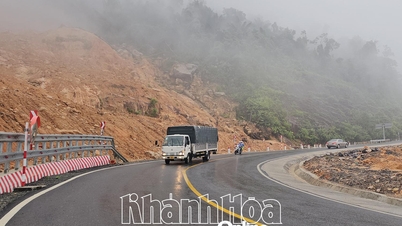
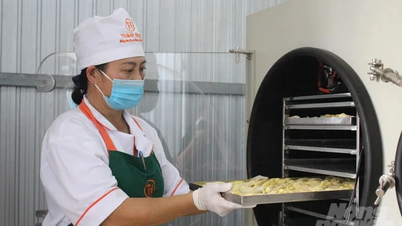
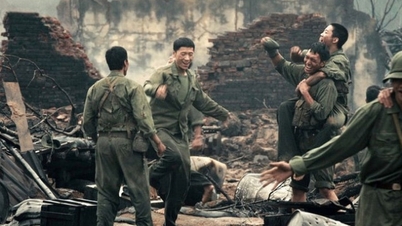
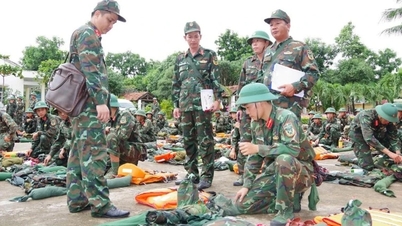














Comment (0)